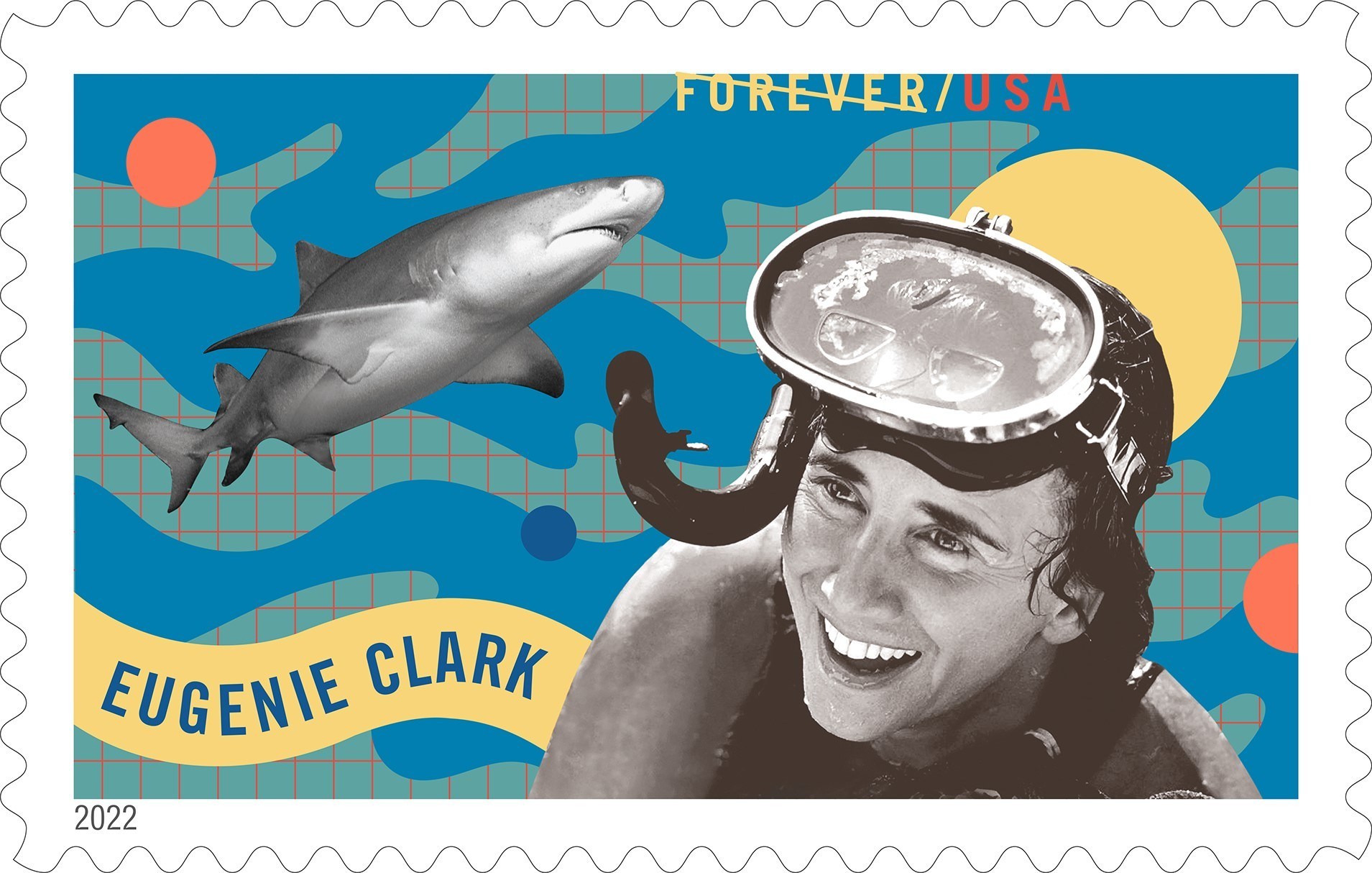Clark, Eugenie (1922-2015), nicknamed the “Shark Lady,” was an American ichthyologist, diver, and explorer best known for her groundbreaking research on sharks . Ichthyology is the study of fishes. Clark made pioneering contributions to marine biology at a time when few women were working in the male-dominated field. She became a role model and mentor to a generation of marine biologists. She also interested the public through her expertise and enthusiasm for science. 
Eugenie “Genie” Clark was born on May 4, 1922, in New York City, New York. As a young girl, she often visited an aquarium and became fascinated with fish and underwater life. In 1942, Clark graduated from Hunter College in New York City with a bachelor’s degree in zoology. She went on to receive a master’s degree and then a doctorate degree from New York University in 1950. After graduating, Clark studied fish in the Red Sea on a Fulbright scholarship .
In 1955, Clark founded the Cape Haze Marine Laboratory in Placida, Florida. There, she performed experiments to study sharks and their behavior. She became the first person to train sharks. Cape Haze Marine Laboratory was renamed Mote Marine Laboratory in 1967 in honor of the Mote family and is now based in Sarasota , Florida. In 1968, Clark began teaching at the University of Maryland . She retired from the university in 1992.
Clark’s autobiography, Lady with a Spear (1953), describes her adventures doing research in the Red Sea and the South Pacific and the different types of fish and marine life she encountered. Her second book, The Lady and the Sharks (1969), continues her autobiography and tells of her experiences working with sharks and other marine life at the Florida laboratory. Clark also appeared on numerous TV shows and wrote many articles for National Geographic and other popular magazines. She died on Feb. 25, 2015.
